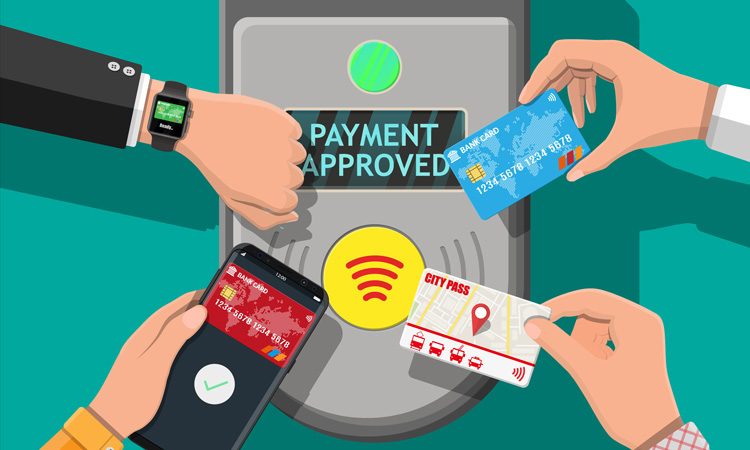Expert panel: how important is it to keep fares fair?
- Like
- Digg
- Del
- Tumblr
- VKontakte
- Buffer
- Love This
- Odnoklassniki
- Meneame
- Blogger
- Amazon
- Yahoo Mail
- Gmail
- AOL
- Newsvine
- HackerNews
- Evernote
- MySpace
- Mail.ru
- Viadeo
- Line
- Comments
- Yummly
- SMS
- Viber
- Telegram
- Subscribe
- Skype
- Facebook Messenger
- Kakao
- LiveJournal
- Yammer
- Edgar
- Fintel
- Mix
- Instapaper
- Copy Link
Posted: 9 December 2019 | Intelligent Transport | No comments yet
To conclude our latest Ticketing & Payments In-Depth Focus, we asked a variety of industry experts: how important is it for transport operators to adopt technologies and systems that keep fares as fair as possible for passengers?




Andrew McCarthy – Senior Sales Manager, Fexco
McCarthy: In a word, very. When it comes to the need to adopt new technologies and systems for passengers, the increasing willingness of consumers to adapt to technological change should be the North Star.
At Fexco, we see the increasingly tech-savvy consumer’s approach as an opportunity to introduce choice, convenience and clarity to all transactions, which brings benefits to both passengers and transport operators.
Consumers crave convenience and choice, while transport operators need consumer confidence and new revenue streams; currency conversion offers an opportunity to satisfy both passenger and transport operator requirements.
By adopting new technology and systems like Fexco’s Dynamic Currency Conversion, operators can adapt their pricing based on several criteria to allow passengers to get clarity on pricing in any currency. There is a lot that can be learned from disruptive competitors in this space, with the likes of Uber, Lyft and others using scaled pricing that allows prices to rise when there is additional demand and drop when demand is lower. However, given the increasing revenue demands on transport operators, coupled with increasing competition and tightening economic conditions, partnering with the right technology expert is crucial to maximising the revenue potential of each transaction in the transport ecosystem.


Mark Bailey – Queensland Transport and Main Roads Minister
Bailey: New technology like smart ticketing will play an important role for TransLink in providing improved data, which will allow us to efficiently plan our network and control operating costs. With advances in technology, we can also link in with other systems to enable customers to access concessions seamlessly and ensure the correct fare is paid.
In 2016, the Palaszczuk Labor Government introduced its Fairer Fares initiative. We cut the cost of travelling on public transport and introduced a new range of concessions. To date, Queenslanders have saved more than $178 million through this initiative.


Gareth Turner – Head of Fares and Ticketing, Transport for Greater Manchester
Turner: ‘What is a fair fare?’ is a question that will be debated long into the dystopian future of gateless gatelines and biometric technology.
Stakeholders have different perspectives on what constitutes a fair fare structure, informed by their roles in the transport ecosystem. The one incontrovertible truth is that customers assign value to the added convenience that new technologies can bring. This has been evident in Manchester in recent months following the introduction of our new contactless payment solution on the Metrolink light rail network. Ultimately, whatever fare structure an operator chooses, the technology now exists to deliver it in a way that passes none of the back-office complexity on to customers. Removing barriers to travel (literally and metaphorically) is proven to increase patronage and, subject to having the capacity and convenient payment options in place, the additional revenue generated can be invested in making the chosen fare structure even fairer. It is therefore critical that operators adopt new technologies and encourage innovation within the industry’s supply chain.
Related topics
Passenger Accessibility, Passenger Experience, Ticketing & Payments, Travel & Passenger Information
Issue
Issue 3 2019
Related people
Andrew McCarthy, Gareth Turner, Mark Bailey








